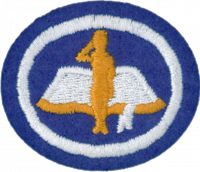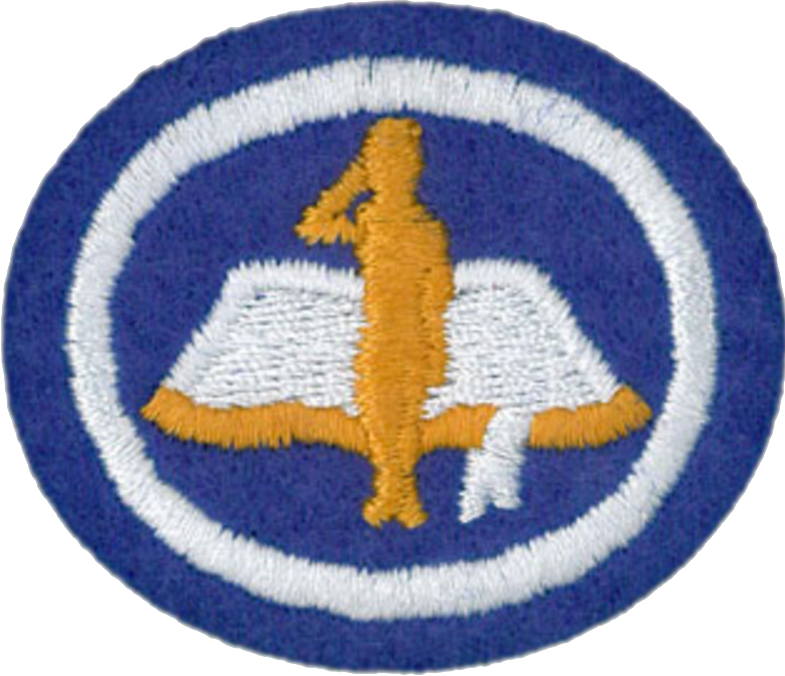AY Honor Christian Citizenship Lesson Plans
1
Teaching Tip
Materials:
Have either the physical flag or large printouts in color of the following flags: national, local state/province, AY, Pathfinder, Christian
Procedure:
Have one participant for each flag and hold up their flag when it's their turn. Have each participant describe out loud what they see on the flag and what it looks like. Encourage them to point to what they are verbally describing. They can also mention what each color and/or symbol represents, if they know or remember.
Example: Youth that is holding the Christian flag can say: "This is the Christian flag and it's mostly white with a blue square in the corner and a red cross in the square. White means purity, blue means the baptismal waters, red means the blood of Christ."
Teaching Tip
Materials:
Pictures or images in color of the following flags: national, local state/province, AY, Pathfinder, Christian; five blank sheets of paper (one for each flag) for each participant; colored pencils, markers, crayons, pens, etc.
Procedure:
- Show or post the pictures where all the participants can see.
- Have them attempt to draw and color each flag on a different sheet of paper.
- Choose a different participant for each of the five flags and have him/her explain as much as they can about the colors and any symbolism
2
- a. Camp out/camporee
- b. Fair
- c. Pathfinder Day program
- d. Parade
Teaching Tip
Materials:
Flags, flag poles with stands
Procedure:
Review with the participants the protocols for each one of the four situations. Divide them into teams, assign them one of the scenarios and have them display up front how it is done.
Teaching Tip
Materials:
Images of the flags placed correctly for each one of the four situations
Procedure:
Show each of the images to the participants, one by one, and quiz them by having them identify what event is taking place, based on the positioning of the flags.
Resources:
This web site is very helpful for all situations: Betsy Ross and the American Flag
3
Teaching Tip
Materials:
Multiple flags (or rectangular pieces of fabric representing flags) ready for folding
Procedure:
After having demonstrated to the participants how to fold correctly, divide them into teams of at least three. Give each team a flag. Ask them to take turns folding it correctly; each member must fold the flag and take it to the instructor for inspection. The instructor will critique as necessary and reteach where applicable.
Teaching Tip
Materials:
A flag (or rectangular piece of fabric representing a flag) and a pole to display the flag.
Procedure:
After having demonstrated to the participants how to salute correctly, have the participants fall in as usual and give the order to salute. Inspect to make sure the salutes are being done correctly.
4
Teaching Tip
Materials:
Pictures of any historical connections to the national anthem (the author, the country, events, etc.)
Procedure:
Tell the story of the writing of the national anthem. Show or display the pictures while you tell the story.
Teaching Tip
Materials:
Pictures of any historical connections to the national anthem (the author, the country, events, etc.)
Procedure:
In a small club, have the participants work together to create a display board using the pictures provided about the history and meaning of the national anthem. In a larger club, divide the participants into teams and have them create the display board.
5
Teaching Tip
Materials:
Chalkboard or whiteboard; chalk or markers
Procedure:
Ask the participants what they think or believe are some of their rights. Write them on the board and ask afterward whether these appear in the founding documents of the country. Go over other rights that might have been missed.
Teaching Tip
Materials:
Appropriate props for a skit
Procedure:
Divide participants into teams. Each team can come up and present a skit with either one of the rights or many rights included. No two teams should present the same right if teams are only presenting one right.
6
Teaching Tip
Materials:
N/A
Procedure:
Make a call to any community provider (such as police stations, fire stations, clerk of courts, etc.) and ask if a representative is able to visit while in uniform. Have the participants ask questions and interview the visitor.
7
Teaching Tip
Materials:
Poster boards, writing materials, scissors, glue, etc.
Procedure:
Participants can research and print out or color or provide images and snippets of facts or narratives mentioning the importance of their famous person. This famous person can be someone still alive today or from their local community also. Have the participant present the poster board and explain about the person they researched for the two-minute oral report.
8
Teaching Tip
Materials:
Bulletin board
Procedure:
Have participants find and print out famous quotations from leaders, historic places, or historic events (or all of the above) and place them on the bulletin board for all to see. This can include more than ten (ten is a minimum).
10
Teaching Tip
Materials:
N/A
Procedure:
If there is a naturalized citizen available, invite this person to speak and give his/her testimony of what the process was like. Allow participants to ask questions.


